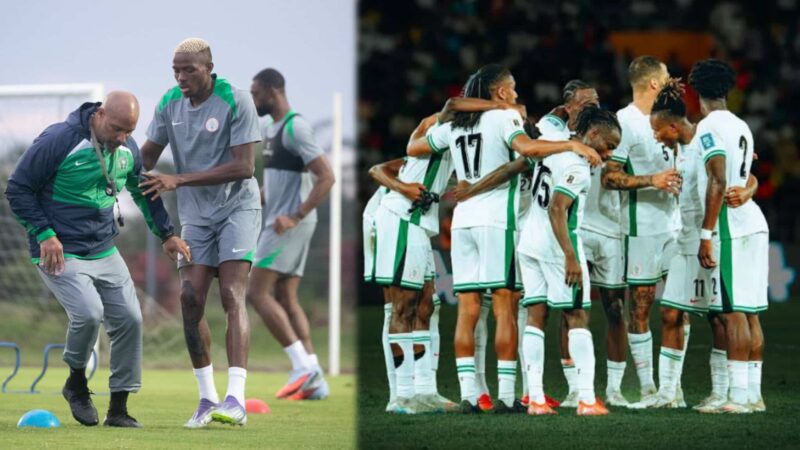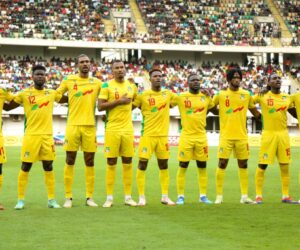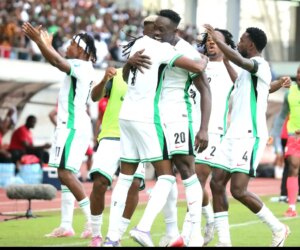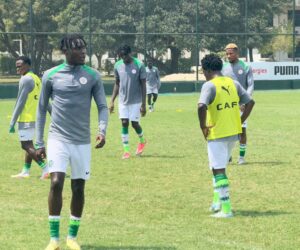Preparations for Nigeria’s 2026 FIFA World Cup African playoff hit a major setback on Tuesday evening as the Super Eagles refused to train in Rabat, Morocco, over unpaid bonuses and allowances.
Players, coaches unite in boycott
According to Afrik Foot, the entire squad, including all 23 players and coaching staff, reportedly boycotted training sessions in protest of unresolved financial entitlements owed by the Nigeria Football Federation (NFF).
Team officials confirmed that the players are refusing to participate in any activity until the federation settles outstanding payments from previous World Cup qualifying matches.
“The team remains in camp in Morocco, and discussions are ongoing,” a source within the delegation told reporters. “Everyone hopes for a resolution before Wednesday so the players can resume training.”
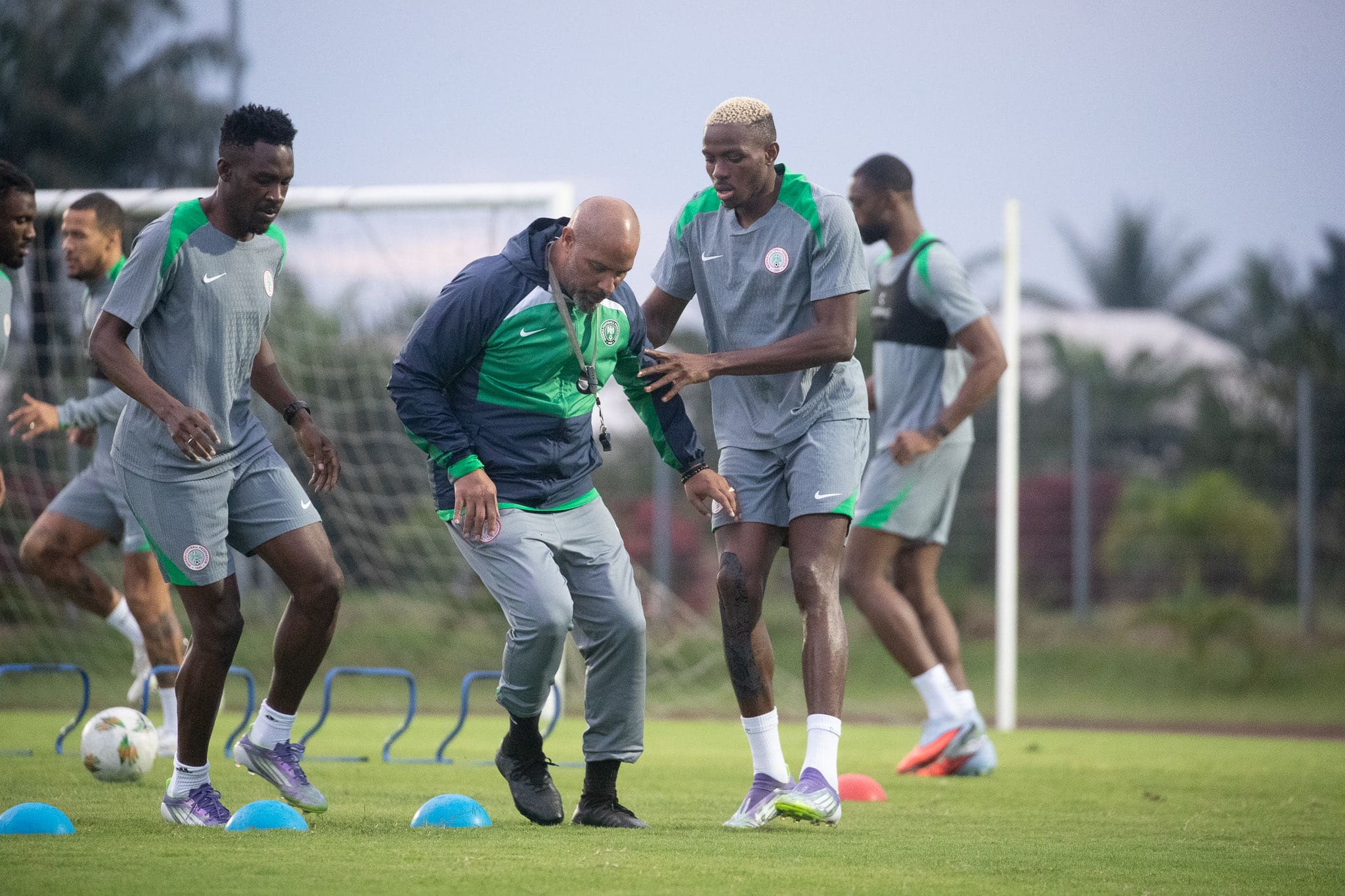

Crisis hits on the eve of crucial clash
The standoff comes just two days before Nigeria’s semi-final playoff against Gabon, a must-win tie that could determine the team’s route to the Intercontinental playoff in March 2026.
The timing of the strike has sparked concern among fans and officials, given the importance of Thursday’s match and a potential final against Cameroon or DR Congo slated for Sunday, November 16.
Reports suggest the players’ frustration has been brewing for weeks, with multiple assurances from the NFF that have yet to materialize.
The squad reportedly decided to act collectively after arriving in Rabat.
NFF races against time to resolve dispute
The NFF has confirmed that talks are ongoing with team representatives to find a quick solution. The federation emphasized that it remains committed to fulfilling its obligations and ensuring smooth preparations.
However, the disruption risks affecting tactical drills, fitness sessions, and overall team morale, particularly as coach Eric Chelle works to maintain focus ahead of Thursday’s high-stakes fixture.
Recurring issue in Nigerian football
Financial disputes between national teams and the NFF are not new. The Super Eagles have faced similar crises in past tournaments, including the 2013 Confederations Cup and the 2018 World Cup qualifiers, where players threatened strike action over unpaid bonuses.
With history repeating itself, the latest incident raises concerns about administrative inefficiency and its impact on Nigeria’s World Cup ambitions.
As things stand, the Super Eagles’ camp remains tense, and unless the NFF moves fast to address the situation, Nigeria’s dream of returning to football’s grandest stage may suffer a serious blow before a ball is even kicked.

